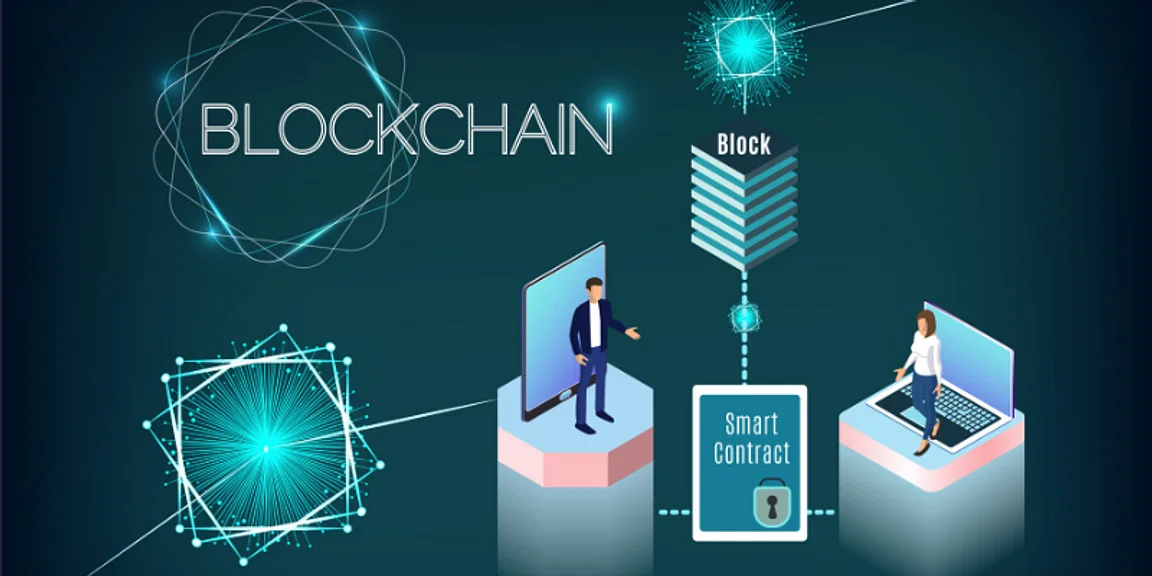Business makes the world function, and it is technology that improves how people do business. In business and life there are many different agreements and contracts you will have to sign and complete. Everything from buying a house to getting a business loan requires some sort of contractual agreement. So, it should come as no surprise that contracts are also going digital. The days of sifting through stacks of paper contracts, waiting for signatures through snail mail, and manually tracking changes are slowly but surely becoming a thing of the past. With the rise of digital contracts, a new era of efficiency, accessibility, and security has begun. In this blog, we’ll explore what you need to know about this transformative shift in contract management and how it impacts your business.
The Digital Transformation of Contracts
Contracts are the lifeblood of business dealings, governing everything from employment agreements and vendor relationships to mergers and acquisitions. Historically, these vital documents existed in tangible form, printed on paper and bound into folders. The digital transformation of contracts, however, is changing the game.
Digital contracts are often referred to as e-contracts or electronic contracts, and they represent the evolution of traditional contracts into a digital format. Instead of physically signing and storing documents, all stages of contract management are conducted online. This includes contract creation, negotiation, signing, storage, and even analytics.
The Role of Smart Contracts
There is so much to learn about smart contracts and the ways that they improve business. Smart contracts are self-executing contracts with the terms of the agreement between parties directly written into code. These contracts operate on blockchain technology, a decentralized and tamper-resistant digital ledger. Smart contracts automate and enforce the terms of agreements, reducing the need for intermediaries and enhancing transparency and trust. They find applications in various fields, from finance and supply chain management to real estate and healthcare, revolutionizing how agreements are made and executed in the digital age.
Efficiency and Speed
One of the most immediate benefits of digital contracts is the dramatic increase in efficiency and speed they offer. In the traditional world of paper contracts, negotiations could take weeks or even months, with documents often getting lost or delayed in transit. However, digital contracts can be created, edited, reviewed, and signed in a matter of minutes or hours, depending on the complexity of the agreement.
Cost Savings
Going digital with contracts can also lead to substantial cost savings. Think about the expenses associated with paper contracts. These are things like printing, mailing, storing, and the manpower required to manage them. These costs can add up quickly, especially for businesses with high contract volumes.
In contrast, digital contracts reduce or eliminate many of these expenses. There’s no need for ink, paper, postage, or physical storage space. Over time, these savings can be significant, contributing to a healthier bottom line for your business.
Enhanced Security
Security is a critical concern when it comes to contracts, given the sensitive and confidential information they often contain. Traditional paper contracts are susceptible to theft, loss, or damage, leaving businesses vulnerable to legal disputes and breaches of confidentiality.
Digital contracts address these security concerns by providing robust encryption, access controls, and audit trails. These features ensure that only authorized individuals can access and modify contract documents, and every action is logged for accountability. Additionally, when smart contracts are executed on blockchain technology, it becomes almost impossible to change the original agreement.
Improved Accessibility
Accessibility is another great reason to embrace digital contracts. In today’s global business landscape, stakeholders may be spread across different time zones or continents. Physical documents can be cumbersome to share and access, leading to delays and miscommunication.
With digital contracts, parties can access and collaborate on documents from anywhere with an internet connection. This accessibility fosters better communication, streamlines negotiations, and enables businesses to work with partners and clients on a global scale.
The Importance of Choosing the Right Contract Management Platform
As you consider making the transition to digital contracts, selecting the right contract management platform is crucial. There are numerous options available, each with its own set of features and capabilities.
Look for a platform that is intuitive and user-friendly to ensure that your team can easily adapt to it. Consider how well the platform integrates with your existing software systems and workflows. Ensure that the platform provides robust security measures to protect your contract data. Choose a platform that can grow with your business and handle your current and future contract needs. Lastly, evaluate the pricing structure and determine whether it aligns with your budget and the value the platform offers.







